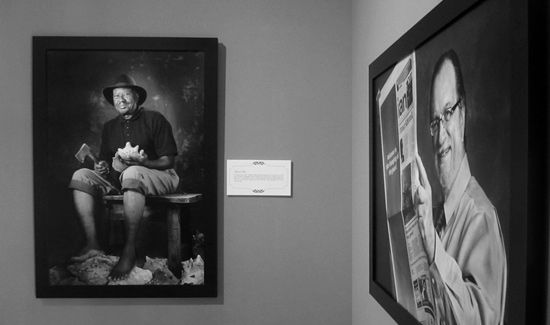(CARICOM Secretariat, Turkeyen, Greater Georgetown, Guyana) Some 70 Representatives of Civil Society Organisations in fourteen CARICOM Member States ended their Regional Consultation at the Crowne Plaza Hotel Trinidad, 10-11 February 2011 with a commitment to greater networking among themselves at regional level. The consultation saw comprehensive participation of Civil Society Organisations from Antigua and Barbuda, The Bahamas, Barbados, Belize, Dominica, Grenada, Guyana, Jamaica, Montserrat, Saint Lucia, St. Kitts and Nevis, St. Vincent and the Grenadines, Suriname and Trinidad and Tobago.
This Regional Consultation was the capstone of the ‘CARICOM Civil Society Project’, intended to synthesise the findings of national consultations held in the fifteen CARICOM Member States between April and December 2010, for examination, discussion, and recommendations on ‘the way forward’.
The meeting examined a Draft Regional Strategic Framework developed by the Caribbean Policy Development Centre (CPDC). The CPDC is currently reviewing the draft with a view to taking on board the comments and recommendations proffered by civil society at the Regional Consultation. CARICOM acting Secretary-General H.E Ambassador Lolita Applewhaite, in her opening remarks, described the consultations as “much more than a project activity”, rather one which “carries forward the larger integration process and the building of ‘A Community for All’.
In such a Community, Civil Society cannot merely be an important actor and beneficiary, but exemplars of civic responsibility and active volunteerism and embody the very Spirit of the Community” The acting Secretary-General urged the meeting to “ensure that this encounter goes down in the annals of Caribbean community-building history as one that saw Civil Society seize its power to create tangible change by elaborating a coherent, practical and results -oriented plan of action and framework for greater collaboration”.
The regional forum aimed at the development of feasible mechanisms for further enabling dialogue between Member States of and Non-State Actors in order to strengthen relations between and among Caribbean Civil Society, National Governments, and appropriate decision-making organs of the Caribbean Community. It gives expression to the right for civil society to participate in decision-making as provided for in the international obligations signed by our national governments and as articulated in the CARICOM Charter.
Professor Norman Girvan, Professorial Research Fellow at the Institute of International Relations (IIR) of the University of the West Indies, at the closing session urged Civil Society representatives to “organise, nationally and regionally, independently of the CARICOM Secretariat, independently of the EU, independently of the EPA; even as you utilise the opportunities that may be available from these bodies”.
This followed his call earlier to the participants to treat the gathering as a political meeting; a meeting for political consensus-building, strategizing, and networking among civil society organisations; on how best to impact regional and national political decision-making. The ‘CARICOM Civil Society Project’, is funded through the European Union’s 9th European Development Fund and is implemented by the CARICOM Secretariat in collaboration with the Governments of CARICOM.



